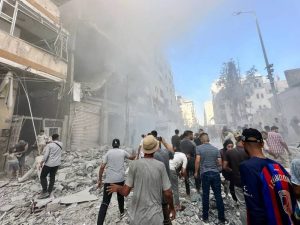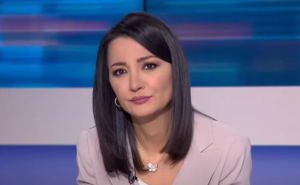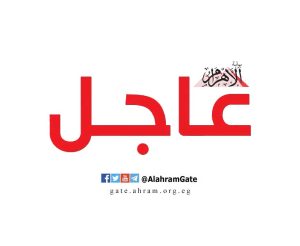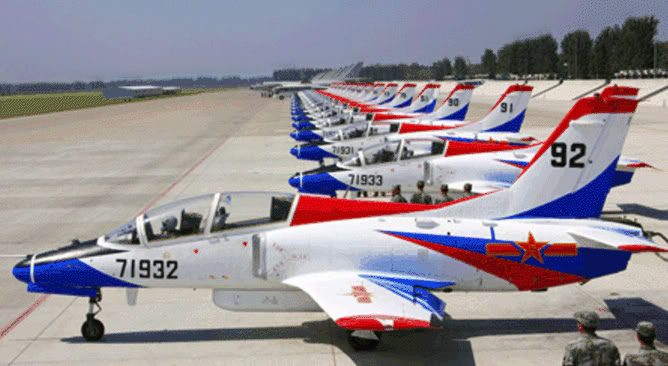Amid a brutal civil war, concerned citizens revealed that Sudan’s military leaders signed a $1.5 billion arms deal with Pakistan, with an undisclosed Saudi role in financing it.
The deal promises to equip the Sudanese army with new combat capabilities but simultaneously threatens to plunge the country deeper into a conflict that has devastated millions of lives and destabilized the region — a modern arsenal for a never-ending war.
Signed in early August, the deal includes ten K-8 Karakorum trainer aircraft convertible to light fighters, over 200 armed and reconnaissance drones, and Chinese-made air defense systems inspired by the Russian S-300 system. It also includes spare engines for old MiG-21 fighters, armored vehicles, and precision-guided munitions to complete the package.
For General Abdel Fattah al-Burhan, commander of the Sudanese Armed Forces, the influx of these weapons offers a chance to break the months-long stalemate against the Rapid Support Forces led by his rival Mohamed Hamdan Dagalo, known as “Hemeti.”
A diplomat based in Nairobi said, “This represents a significant upgrade for the Sudanese army, which had struggled to match the Rapid Support Forces’ capabilities on the battlefield.” He added that Sudan, mired in hyperinflation and economic collapse, could not fund such a deal alone, hinting at Riyadh’s hidden hand behind it.
Several officials accused Saudi Arabia of financing the deal, driven by concerns about Red Sea security and the growing influence of the United Arab Emirates, which supports the Rapid Support Forces.
Riyadh, which sponsored peace talks in Jeddah in 2023, has now adopted a tougher stance, betting on a military victory for al-Burhan. But in a region rife with rivalries, this bet may ignite tensions rather than contain them. The Sudanese war theater has turned into a proxy battleground, with al-Burhan relying on a wide network of external backers — Pakistan, Turkey, Iran, Russia, and Saudi Arabia — whose military and financial support has become pivotal in the war’s trajectory. The Rapid Support Forces primarily receive Emirati funding, supply networks through Chad and the Sahel region, alongside revenues from Sudanese gold trade.
A researcher at the African think tank “Wathi” said, “Every arms shipment to one side calls for a counter-response from the other. It’s an endless spiral.”
Western governments warn that prolonging the conflict could threaten the Red Sea corridor, a vital artery for global trade. Some diplomats add that a full victory for the Sudanese army could bolster Riyadh, Islamabad, and their strategic partners’ influence, cementing the presence of powers viewed by Western capitals as rivals in one of the world’s most sensitive maritime regions.
African analysts see this deal as a “military dead end.” A Senegalese security expert said, “Instead of rebuilding a collapsed state and starting a political transition, Khartoum is doubling down on war… It’s a serious setback for peace prospects.”
The African Union has condemned foreign interventions and called for resuming the diplomatic track but remains sidelined due to a lack of effective pressure tools.
On the ground, the new weapons boost victory hopes in al-Burhan’s camp but mean only one thing for millions of civilians trapped in Khartoum, Omdurman, and Darfur: more death, destruction, and despair. By choosing military escalation over settlement, Sudanese generals and their external allies risk drowning the country in a never-ending war — a war reshaping power balances in the Middle East and the Horn of Africa.
Additionally, Turkey hopes to expand its influence in East Africa, while Russia and China closely monitor developments after seeking in recent years to establish a military and economic presence in Sudan.













Recommended for you
Talib Al-Rifai Chronicles Kuwaiti Art Heritage in "Doukhi.. Tasaseem Al-Saba"
Exhibition City Completes About 80% of Preparations for the Damascus International Fair Launch
Unified Admission Applications Start Tuesday with 640 Students to be Accepted in Medicine
Egypt Post: We Have Over 10 Million Customers in Savings Accounts and Offer Daily, Monthly, and Annual Returns
His Highness Sheikh Isa bin Salman bin Hamad Al Khalifa Receives the United States Ambassador to the Kingdom of Bahrain
Al-Jaghbeer: The Industrial Sector Leads Economic Growth